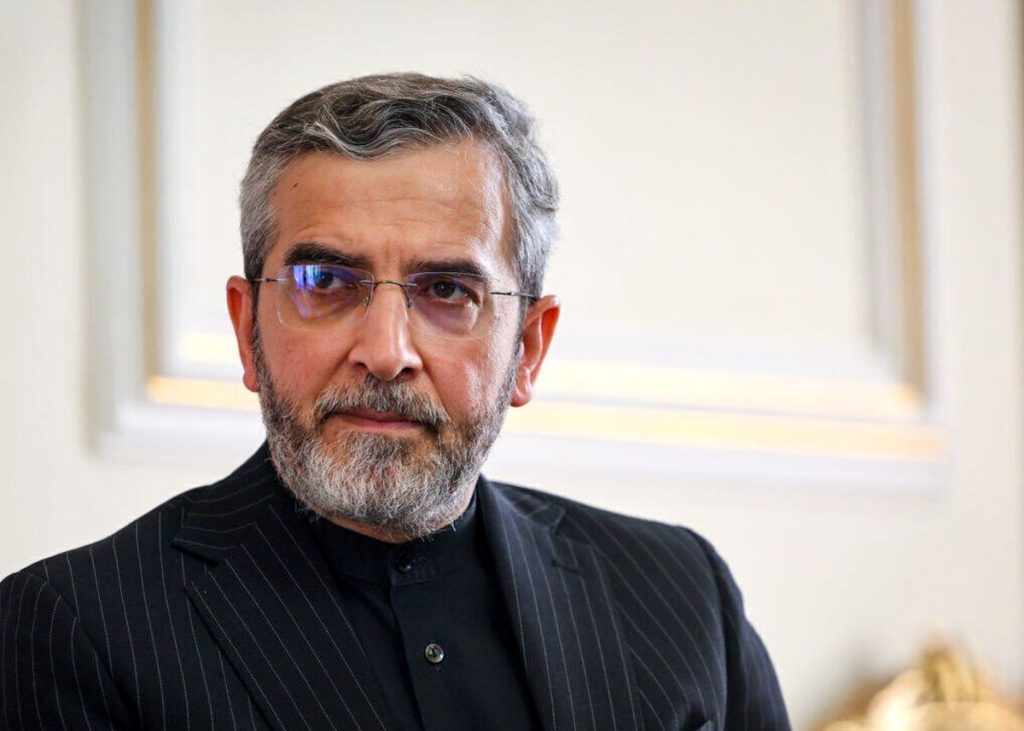
Rewritten Title:
Deputy FM Bagheri Kani: Diplomacy is Iran’s Strategic Path—Zionist Aggression Escalates Regional Tensions
Diplomacy Prevails Amid Regional Instability
Following a 12-day military confrontation initiated by the Zionist regime against Iran, tensions have subsided through Qatari mediation—though no formal ceasefire agreement was signed. The attacks resulted in significant human and economic costs, including the martyrdom of senior military officials, nuclear scientists, and civilians, as well as damage to both military and non-military infrastructure.
Despite these assaults, the Zionist regime failed to achieve its stated objectives—regime change, destruction of nuclear facilities, or crippling Iran’s missile capabilities. The regime itself suffered substantial losses, with missile strikes inflicting heavy economic and military damage. While precise figures remain undisclosed, evidence suggests the extent of these losses exceeds media reports. Ultimately, a de facto cessation of hostilities was reached, underscoring the resilience of Iran’s armed forces.
A Call for Strategic Diplomacy
Recent events highlight the volatile nature of Zionist aggression, which may resurface without warning. In response, Iran must leverage collective wisdom and diplomatic channels to navigate this delicate phase. With military confrontation temporarily paused, the focus must shift to de-escalation through dialogue—mobilizing all diplomatic resources to secure a sustainable resolution.
Deputy Foreign Minister Bagheri Kani emphasized that diplomacy remains Iran’s rational and strategic choice, urging restraint from inflammatory rhetoric, particularly in media and social platforms. Diplomatic efforts must be grounded in realism, aligned with national interests, and free from ambiguity or emotional reactions. Engaging domestic elites in shaping future diplomatic steps is equally critical.
Strengthening Domestic and International Outreach
To stabilize the situation, Iran should:
- Expand diplomatic engagement with global partners, including inviting the UN Secretary-General to assess damage to civilian sites.
- Reassess domestic policies, fostering unity among political factions opposed to foreign aggression while promoting reconciliation, including potential amnesty for political detainees.
- Reform state media narratives, avoiding provocations that could undermine diplomatic progress.
The Path Forward: Sustainable Solutions
The ultimate goal remains clear: a durable resolution to the current crisis and a framework for lifting unjust sanctions through structured negotiations with the U.S. While post-war optimism often fuels peace efforts, Iran must remain vigilant—balancing military readiness with prudent, proactive diplomacy.
As Iran looks toward reconstruction and stability, the nation’s resilience and strategic foresight will be pivotal in securing lasting peace and prosperity.


